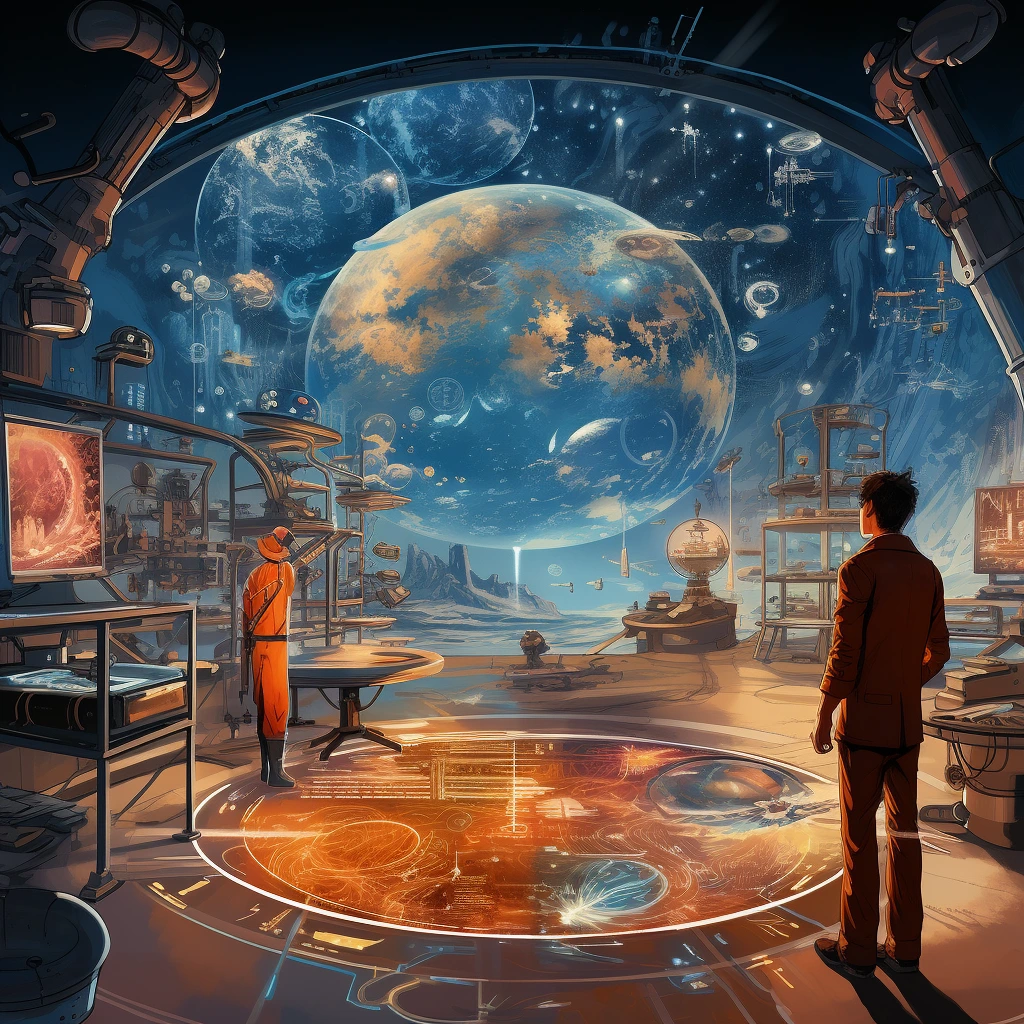Introduction
Scientific Excellence: Let’s embark on a fascinating journey through the intricate domain of science, where theories and concepts serve as testaments to humanity’s exploration of the world. We’ll explore the multifaceted roles science plays in today’s world and its profound impact on a nation’s capability, prosperity, and growth.

The Driving Force of Innovation
Scientific Excellence isn’t merely a standalone feature; it’s the cornerstone of global competitiveness in the modern world. Investing in Research and Development (R&D) becomes imperative for nations aiming to nourish new industries, create employment opportunities, and enhance productivity, leading to substantial economic growth. This growth, both domestically and globally, positions nations favorably in the competitive landscape.
Illuminating the Path: Science Addressing Societal Issues
Science serves as a guiding light, especially when tackling pressing social and environmental challenges. Advances in medicine and healthcare not only lead to new treatments, improving public health, but also contribute to the overall well-being of society. Simultaneously, scientific research offers sustainable solutions to environmental issues, paving the way for a healthier future for generations to come.
The Intersection of Science and Policy
The merger of scientific theory with policy is a crucial intersection, influencing major decisions that impact various aspects of citizens’ lives, such as health, education, and infrastructure. Governments, armed with scientific evidence, can implement effective policies to improve lives and advance the progress of the nation.

Science as a Driving Force in National Progress
In the battle against climate change, improvement of healthcare, and ensuring food security, science emerges as an indispensable force for progress and development. Scientific expertise becomes a uniting factor in shaping a prosperous and sustainable nation.
Impact on Social Good
Scientific advances contribute significantly to social good by enhancing healthcare systems, preventing diseases, and providing vaccines. The availability of scientific knowledge allows for widespread education and scientific disclosure, benefiting society as a whole.
Fostering National Empowerment through Collaboration
Central to progress is the collaboration between government, academia, and industry. This synergy, sustained through effective relationships, addresses complex societal issues, strengthens nations, and fosters recognition of their role in finding solutions aligned with their cultural background.
Science: A Global Necessity
Considering a country’s development, one of the pivotal factors is its advances in science. From the functionality of your car to the workings of the human body, science permeates every aspect of our lives. Embracing science globally becomes a necessity, especially when facing the grand challenges of the 21st century—water, energy, climate change, agriculture, and security. Every ounce of scientific discovery and technological innovation becomes crucial in addressing these challenges.

Conclusion
As we witness the collective efforts of countries worldwide advancing in science, the power of science becomes a tool to benefit nations and uplift their citizens. The challenges of the future require a unified commitment to scientific discovery, ensuring a brighter and more sustainable future for all.
Checkout for more: Science News Feel free to explore the articles and information
Back/Home
